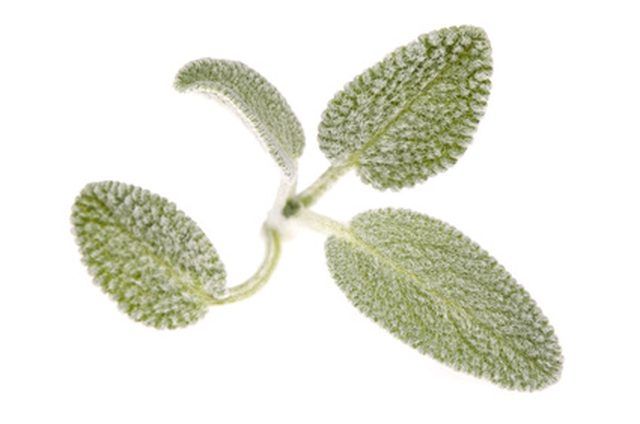Bulbs
Flower Basics
Flower Beds & Specialty Gardens
Flower Garden
Garden Furniture
Garden Gnomes
Garden Seeds
Garden Sheds
Garden Statues
Garden Tools & Supplies
Gardening Basics
Green & Organic
Groundcovers & Vines
Growing Annuals
Growing Basil
Growing Beans
Growing Berries
Growing Blueberries
Growing Cactus
Growing Corn
Growing Cotton
Growing Edibles
Growing Flowers
Growing Garlic
Growing Grapes
Growing Grass
Growing Herbs
Growing Jasmine
Growing Mint
Growing Mushrooms
Orchids
Growing Peanuts
Growing Perennials
Growing Plants
Growing Rosemary
Growing Roses
Growing Strawberries
Growing Sunflowers
Growing Thyme
Growing Tomatoes
Growing Tulips
Growing Vegetables
Herb Basics
Herb Garden
Indoor Growing
Landscaping Basics
Landscaping Patios
Landscaping Plants
Landscaping Shrubs
Landscaping Trees
Landscaping Walks & Pathways
Lawn Basics
Lawn Maintenance
Lawn Mowers
Lawn Ornaments
Lawn Planting
Lawn Tools
Outdoor Growing
Overall Landscape Planning
Pests, Weeds & Problems
Plant Basics
Rock Garden
Rose Garden
Shrubs
Soil
Specialty Gardens
Trees
Vegetable Garden
Yard Maintenance
How to Grow White Sage Indoors
How to Grow White Sage Indoors. White sage (Salvia apiana) is both an ornamental plant and an herb. The plant has white, fuzzy leaves and produces small white flowers in late summer. An evergreen, the dried leaves are used to flavor a variety of dishes, particularly meats and soups. White sage thrives in desert areas, as this climate provides the...

White sage (Salvia apiana) is both an ornamental plant and an herb. The plant has white, fuzzy leaves and produces small white flowers in late summer. An evergreen, the dried leaves are used to flavor a variety of dishes, particularly meats and soups. White sage thrives in desert areas, as this climate provides the necessary warmth for the plant. The herb also requires well-draining, slightly dry soil. Provide these needs indoors if you do not have a suitable garden bed or if you live in a cooler climate.
Things You'll Need
Clay pot
Potting mix
Sage seedling
Shears
Fill a 6- to 8-inch diameter pot with a well-drained potting mix, such as a mix formulated for cactus plants. Use a terracotta or clay pot, as these materials help wick excess moisture away from the soil.
Lift the sage seedling from its nursery pot. Plant it in the pot at the same depth it was growing at in the nursery pot. Firm the soil around it with your hands.
Water the soil from the top until the excess water begins draining out the bottom. Set the pot in a window that receives full sunlight, such as a south-facing window, in a 65 degree Fahrenheit or warmer room.
Water the white sage when the soil begins to dry out or when the top 2 inches of soil feels nearly completely dry when you stick your finger into it. Empty the drip tray under the pot immediately after watering.
Harvest sage leaves as needed year-round. Cut leaves off the outer branches of the plant. Cut back entire branches with shears if they become overgrown. Pinching off the top 1 inch of each growing tip helps prevent overgrowth and keeps the plant bushy.
Tips & Warnings
Sage seeds are difficult to germinate successfully so the plant is usually purchased from nurseries and greenhouses.
Set the sage plant outside in the summer and bring it indoors for winter.
Sage rarely requires fertilization as it thrives in low-nutrient soils.
Sage does not tolerate wet conditions. Water at the base so the foliage does not get wet and do not place the sage in a humid area.